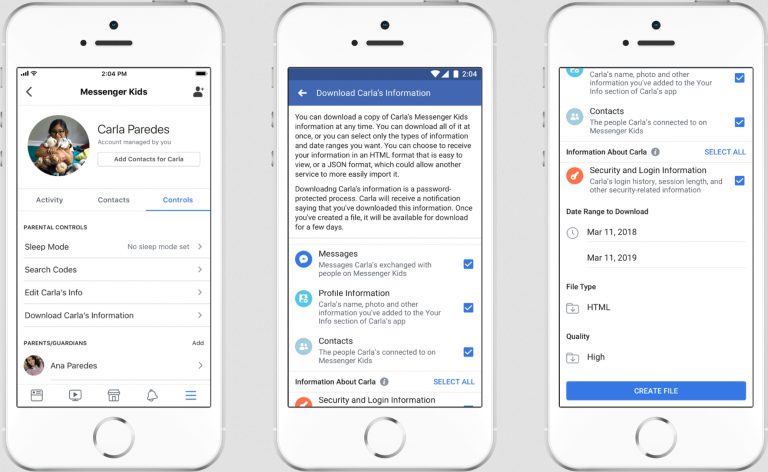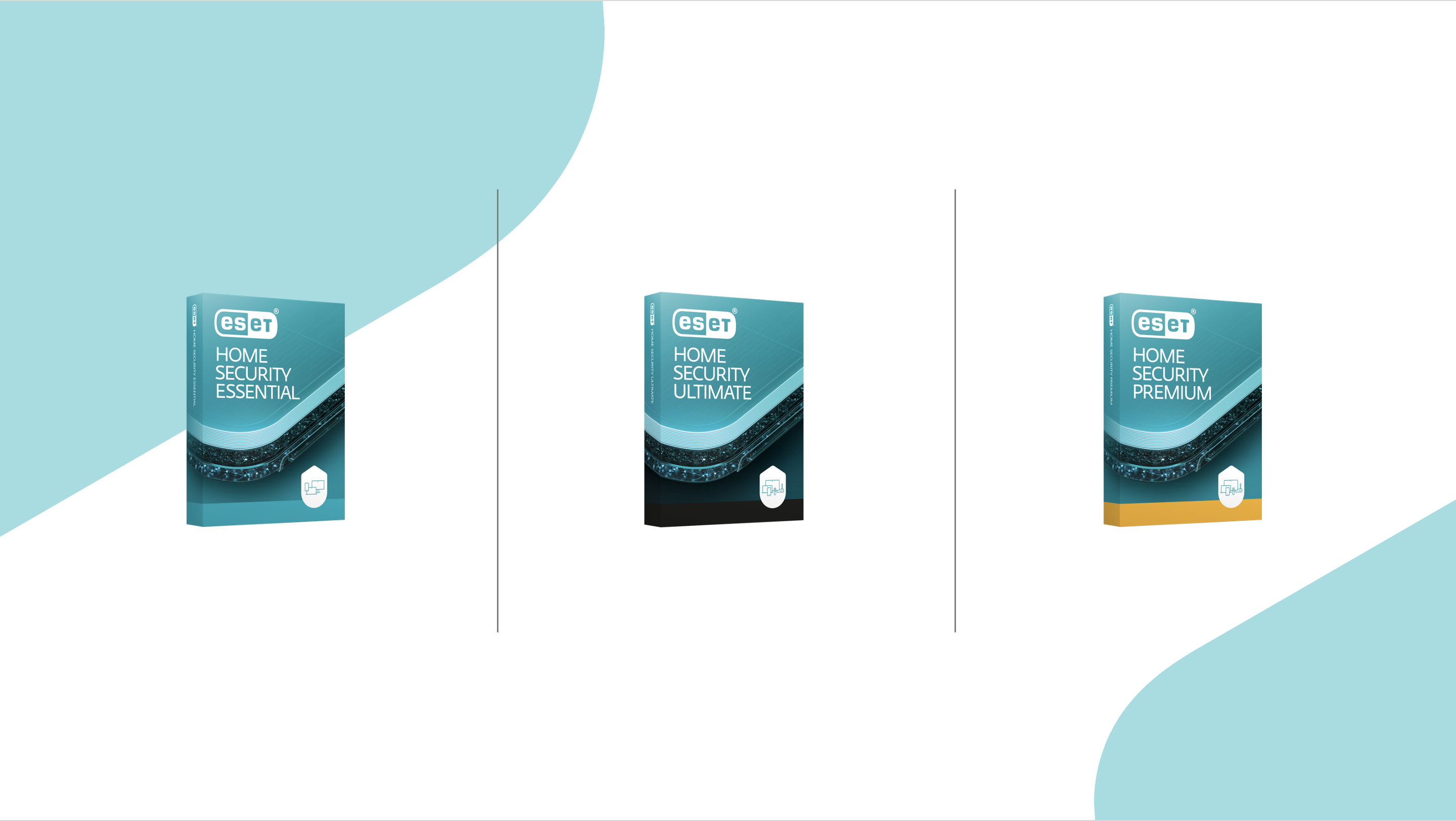Facebook is rolling out a slew of changes to Messenger Kids that give parents more control over how their children use the messaging app. You can review who your kids are interacting with and review their chat histories, according to the social network’s blog post this week.
In addition, you get access to the most recent videos and photos your kids have sent or received, and you can remove the content if needed. The app’s revamp also gives you the option to see a list of devices where your children are logged in, and force a log-out remotely.
“Parents remain in control of who their child is connected to in Messenger Kids and can remove people from their child’s contact list at any time,” said Facebook product manager Morgan Brown. The new features can be accessed through the Messenger Kids Parent Dashboard in the Facebook Android and iOS apps.
You can also request a copy of your child’s Messenger Kids data, much like you can do with your own information shared with Facebook. “The download will include a list of your child’s contacts as well as the messages, images and videos they have sent and received. Your child will be notified through the Messenger Kids app when you request this information,” said Brown.
Facebook has also made it easier for kids to block contacts and overall manage who they interact with. As a parent or guardian, you can now also see if your child has reported or blocked, as well as unblocked, other users.

In addition to rolling out the new features, Facebook announced an update to its privacy policy to add extra information about “data collection, use, sharing, retention and deletion practices”.
The company said it would use age-appropriate language to educate children on data collection. “For example, we inform kids that people they know may see their name and photo, that parents can see and download their messaging content and that they are not able to delete any messages they send or receive,” said Facebook.
The social giant has previously given assurances regarding the use of collected data and was quick to reiterate its promise again: “We don’t use children’s data from Messenger Kids for advertising. There continue to be no ads in Messenger Kids and no in-app purchases.”
Geared towards children younger than 13 years, Messenger Kids is designed to be a controlled-environment alternative to the social network’s main Messenger app. The kid-friendly app was launched for iOS devices in the United States in December 2017; other countries and the Android version followed a few months later.
The app gives children a way to stay in touch with their relatives and friends while giving parents some measure of oversight, including by allowing them to pre-approve the list of people their kids interact with.
Facebook came under fire last year after a design flaw in the app undermined these parental controls by allowing some of the app’s users to chat with complete strangers.




